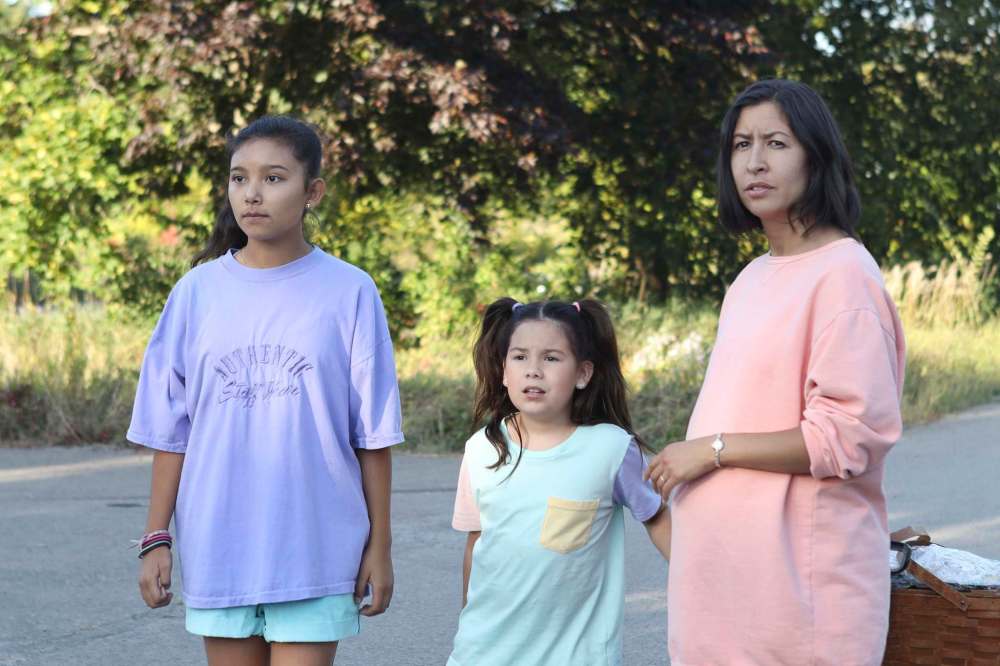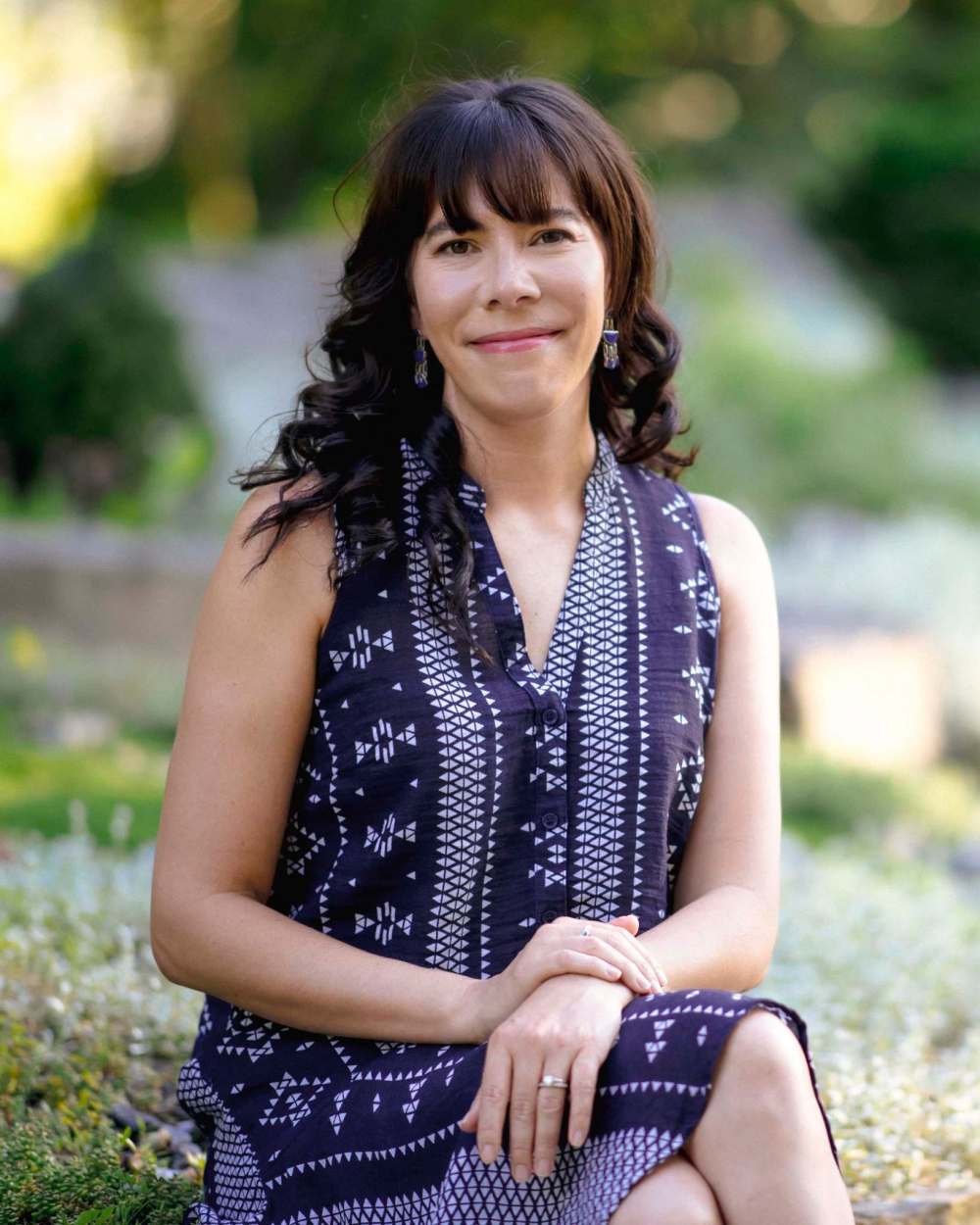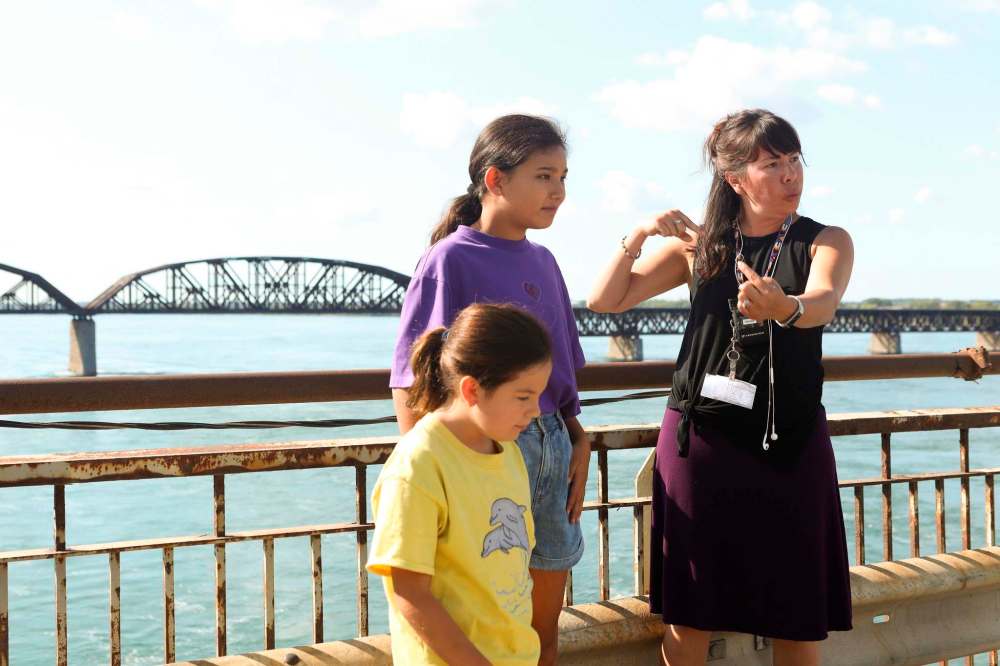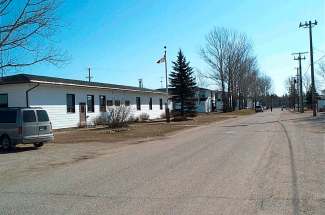Little girl, big voice With her semi-autobiographical first feature, Mohawk filmmaker Tracey Deer fulfils a childhood dream
Read this article for free:
or
Already have an account? Log in here »
To continue reading, please subscribe:
Monthly Digital Subscription
$0 for the first 4 weeks*
- Enjoy unlimited reading on winnipegfreepress.com
- Read the E-Edition, our digital replica newspaper
- Access News Break, our award-winning app
- Play interactive puzzles
*No charge for 4 weeks then price increases to the regular rate of $19.00 plus GST every four weeks. Offer available to new and qualified returning subscribers only. Cancel any time.
Monthly Digital Subscription
$4.75/week*
- Enjoy unlimited reading on winnipegfreepress.com
- Read the E-Edition, our digital replica newspaper
- Access News Break, our award-winning app
- Play interactive puzzles
*Billed as $19 plus GST every four weeks. Cancel any time.
To continue reading, please subscribe:
Add Free Press access to your Brandon Sun subscription for only an additional
$1 for the first 4 weeks*
*Your next subscription payment will increase by $1.00 and you will be charged $16.99 plus GST for four weeks. After four weeks, your payment will increase to $23.99 plus GST every four weeks.
Read unlimited articles for free today:
or
Already have an account? Log in here »
Hey there, time traveller!
This article was published 23/07/2021 (1605 days ago), so information in it may no longer be current.
During the course of a Zoom interview from her home outside Montreal, Tracey Deer occasionally uses the word “we” instead of “I” when describing the journey that brought her to make the dramatic feature Beans.
Oka crisis informs powerful coming-of-age story

Posted:
The title of the movie, Beans, is a cute nickname for a cute 12-year-old Mohawk girl with a considerably more dignified traditional name: Tekehentahkhwa.
This is no affectation. Beans tells the story of a 12-year-old girl who comes of age amid the rage and racism of the 1990 Oka Crisis, which saw a suburban Quebec community engage in a 78-day standoff with the Mohawk community over a proposed golf-course expansion that would absorb a traditional burial ground.
Deer uses the collective pronoun, she explains, as a way of signifying she is simultaneously talking about her adult self and her younger self, portrayed in the movie by the preternaturally soulful young Mohawk actress Kiawentiio.
“I keep saying ‘we,’” she says. “It is me and the little 12-year-old girl inside me.”
That little girl lived through some terrible things during those 78 days, although Deer is quick to acknowledge her own experience occasionally veers off from the experiences of her heroine.
“The film starts off with the title ‘inspired by true events’ because the events you see are the recreations of historical moments,” Deer says. “All of those moments happened, but I personally wasn’t at every single one of them. I was at some of them.
“For the sake of the journey and the story, I placed her in certain situations that I didn’t live directly,” she says.
“What’s inspired by my coming-of-age is really her emotional through-line. Everything she goes through emotionally is what I went through emotionally.”
In the film’s opening minutes, we see Tekehentahkhwa — she goes by “Beans” — sitting alongside her mother Lily (Rainbow Dickerson) in an interview with the principal of a posh-looking Montreal high school that Beans wants to attend. She tells the principal she aspires to be a doctor or a lawyer but she secretly aspires to be an artist.
Deer herself was more specific in her ambitions.

“I caught the filmmaking bug at 12 years old,” she says. “And I had to break the news to my parents that I want to be a filmmaker and I was only 12, so they took it really well. They didn’t think it would stick, but it stuck.”
Beans is Deer’s first feature drama; her career as a filmmaker began with documentaries, including the 2005 film Mohawk Girls, and Club Native (2008) which examined “very contentious, controversial topics in my community, the politics of belonging and blood quantum.”
Deer says she hit a bit of a wall after Club Native, which was all-consuming.
“(It was) a four-year process. I ate, bled and breathed it. It was constant and when it was finally out into the world, I was exhausted and I started thinking: What next? What is the next thing that I will become obsessed about, and have it occupy my every moment?”
The filmmaker languished for months while she wondered what to do next, until she reconnected with her 12-year-old self and her original dream. “So I thought: let’s see if my skills as a documentarian can translate over into fiction and let’s just shake it up.”

That decision led her to create and produce the APTN TV comedy series Mohawk Girls (2010-2017); Deer found herself thriving in this new groove, with a new and bigger audience.
“The other reason why I jumped into the fiction world with both feet, and what really excited me, was access to more people,” she says. “I realized over the years there’s a certain audience you can get with documentary, but there’s a whole bunch of audience that is not interested in going near the topic. And I want access to all those hearts and minds.”
Deer promises to do just that now that Beans is in wider Canadian release as of Friday. The movie has been waiting since it premièred last year at the Toronto International Film Festival, where Deer won the award for “emerging talent.” Earlier this year, the movie won best motion picture at the Canadian Screen Awards. It seems to be an affirmation of her decision to go beyond documentary.
“The little girl inside me, a little girl with a big dream, she’s just smiling so wide. We did it.” – Tracey Deer
“With fiction, there’s a lot of opportunity to embed a lot of medicine into the story, all wrapped up by a lot of entertainment,” she says. “People are not as aware that they are ingesting all this medicine, so I love that about it.”
The filmmaker says creating fictional works has opened many doors, while expanding her reach to people who want to connect with her vision and who appreciate her voice.
“People want to hear the stories that I have to share,” she says. “With somebody who felt so unimportant, so invisible, so worthless because of what I experienced during the Oka crisis, and I’m here with the power, with the platform, with the voice, it’s such a wonderful full circle. And I’m over the moon. I’m so happy.
“The little girl inside me, a little girl with a big dream, she’s just smiling so wide. We did it.”
Beans is playing at the McGillivray VIP Cinemas.
randall.king@freepress.mb.ca
Twitter: @FreepKing
Fimmaker to tell Winnipeg story
If all goes as planned, Tracey Deer’s next film project will be shot in Winnipeg next year.
Deer is at work on Inner City Girl, a feature about Aboriginal gang life, with Original Pictures. Like Beans, which took eight years to develop, the film has had a long gestation.
“This script has been about a five-year journey and we were really happy with where it’s at, so we’ll see if production is possible next year,” Deer says. “It’s a Winnipeg story.”
Business has taken Deer to Winnipeg a few times, including work on the APTN series Cashing In, as well as speaking engagements with the National Screen Institute.
But Deer’s first impression may have been the strongest, accompanying her mother on a busines trip when she was around 19.
“My mother had a conference in Winnipeg and she asked if I wanted to come along,” Deer recalls. “It was my first time in the city and my mom loves to shop. So one of the first things we did was head to the (Portage Place) mall.”
The visit was revelatory, she says.
“I couldn’t believe how many Indigenous people there were,” she says. “Coming from out east, when you’re in the community you’re surrounded by Indigenous people but as soon as you leave the community and head for the city of Montreal, who knows if you’re even going to spot someone?
“But to be in this mall in Winnipeg and half the people were Indigenous, both of us were just amazed to see us occupying so much space,” she says.
“It was a holiday season and the stores were staying open till 11 p.m. and we had never seen that before,” Deer says. “So with my mom, her goal was shopping until 11 p.m. and you should have seen us dragging ourselves home to the hotel at 11:30. Our feet were swollen.
“But we still talk about that time when we shopped till 11 o’clock at night in Winnipeg.”

In a way, Randall King was born into the entertainment beat.
Our newsroom depends on a growing audience of readers to power our journalism. If you are not a paid reader, please consider becoming a subscriber.
Our newsroom depends on its audience of readers to power our journalism. Thank you for your support.






